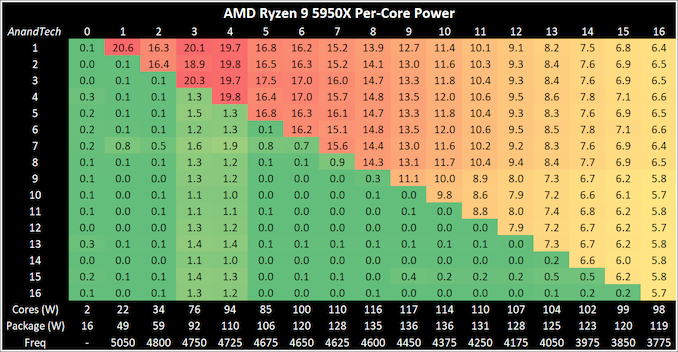Alder lake at 16 cores yes, but only 8 full size cores and 8 power efficient cores. That asymmetry is probably not that compatible with current benchmarking tools, let alone games and applications. It might be a while before optimization for offloading simple jobs to the efficient cores becomes a thing. I doubt Intel can make all those decisions in hardware on the fly without some latency penalties. Certainly shouldn't compete with the 16 full cores available in Ryzen today.
AMD has expressed similar plans, so that will be an interesting fight on the mobile front at least. Us desktop users might all move to Zen 4 Threadripper or Xeons from Intel to get back to workstation level CPUs.


